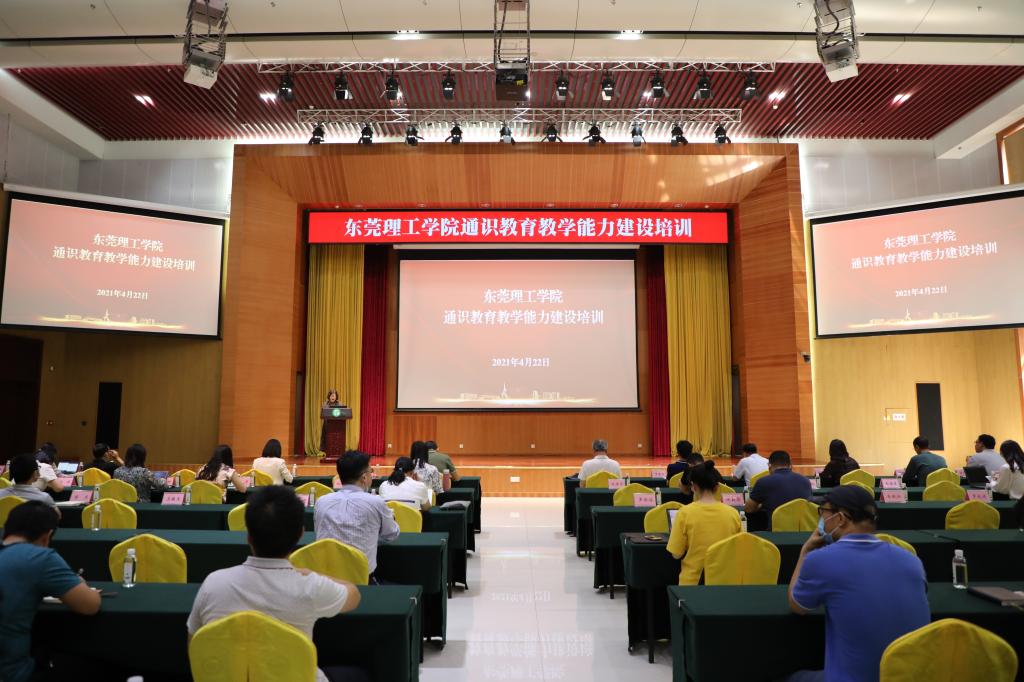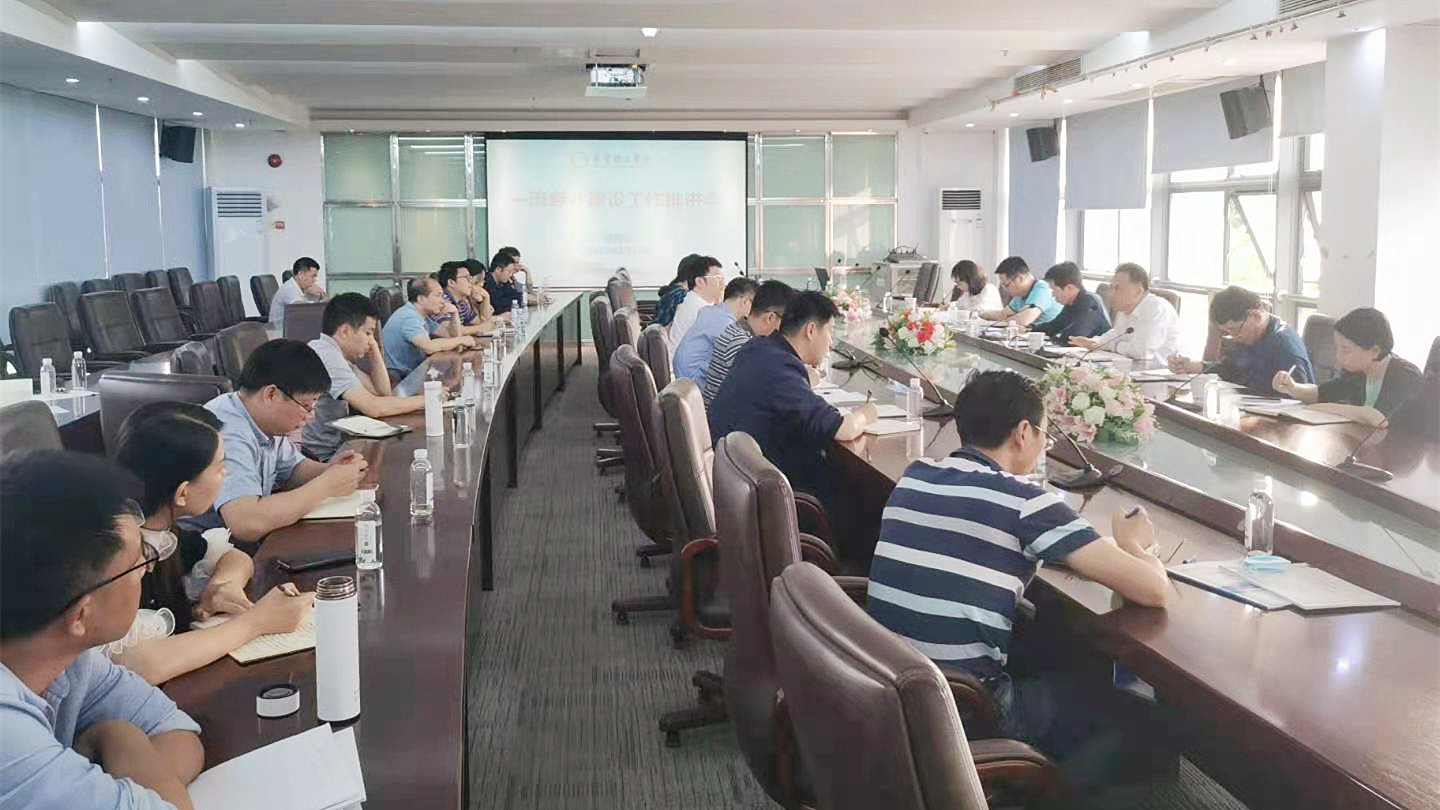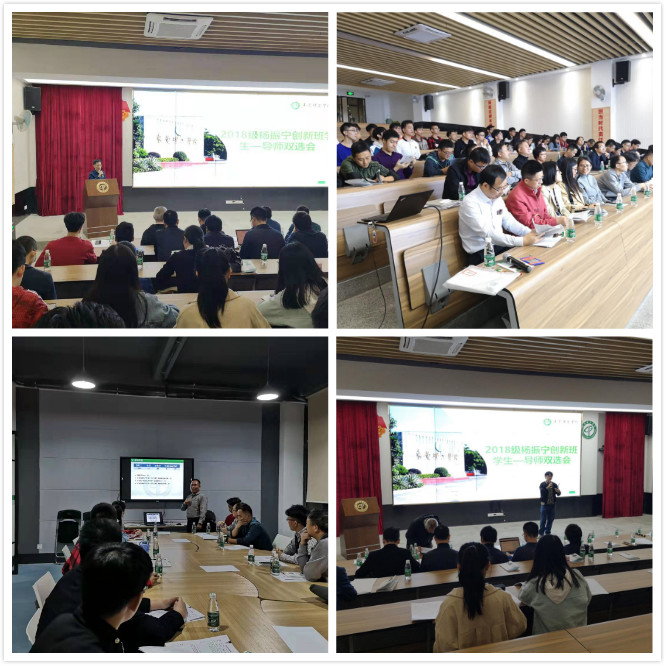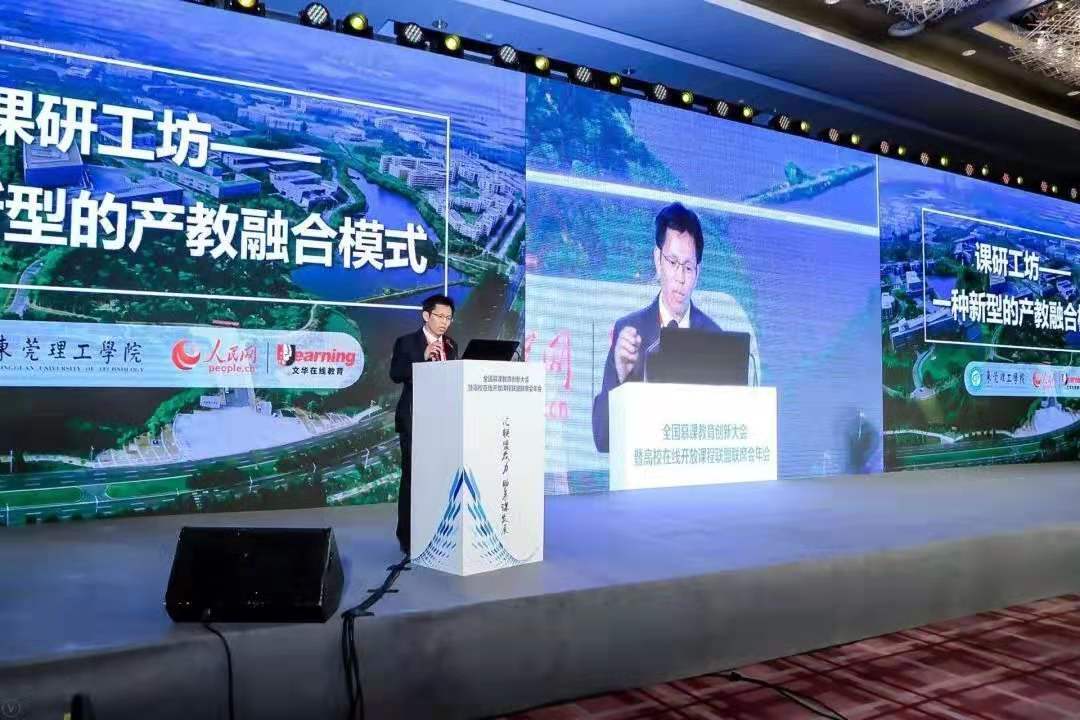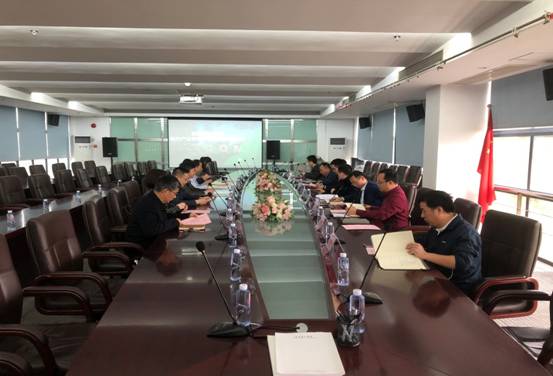- 2024-03-24 · 教务部开元电竞官网(中国)责任有限公司教学档案及审核评估迎评促建检...
- 2024-03-15 · 教务部教学档案及审核评估迎评促建检查安排
- 2024-03-04 · 开元电竞官网(中国)责任有限公司在教务系统中停止欠费学生2023-2024学...
- 2024-01-15 · 开元电竞官网(中国)责任有限公司计算机科学与技术学院(软件学院、网...
- 2024-01-08 · 开元电竞官网(中国)责任有限公司第四届东莞理工学院教学创新大赛获奖...
开元电竞官网(中国)责任有限公司做好2024年春季学期本科生开学教学准...
- 2024-03-11· 2023-2024学年第二学期 《体育》重修、免修及大三阳光健康跑的通知
- 2024-03-03· 开元电竞官网(中国)责任有限公司2023-2024学年第二学期全校公选课 网上选课的通知
- 2024-02-26· 开元电竞官网(中国)责任有限公司2023-2024学年第二学期公共体育课程网上选课的通知
- 2024-01-04· 开元电竞官网(中国)责任有限公司选聘2023-2024学年第二学期兼职课程教师的通知
- 2024-01-02· 开元电竞官网(中国)责任有限公司2023-2024学年第二学期新增拟选用教材的公示
- 2023-12-14· 开元电竞官网(中国)责任有限公司报审2023年秋季学期教材编写相关材料的通知 教务通〔2023〕80号
- 2023-12-08· 开元电竞官网(中国)责任有限公司2023-2024学年第二学期教材和境外原版教材选用审批的通知 教务通〔2023...
- 2023-12-04· 开元电竞官网(中国)责任有限公司2023-2024学年第二学期专业(基础)选修课程网上选课的通知
- 2023-11-22· 2023年《国家学生体质健康标准》测试通知
- 2023-11-21· 开元电竞官网(中国)责任有限公司落实2023-2024学年第二学期教学任务相关安排的通知
- 2023-10-11· 开元电竞官网(中国)责任有限公司统计2023年春季学期、秋季学期本科教学工作量的通知
- 2023-09-04· 2023-2024学年第一学期莞城及松山湖校区体育课选课通知及重修的通知
- 2023-09-01· 2023秋季学期开课时间通知
- 2023-09-01· 开元电竞官网(中国)责任有限公司2023-2024学年第一学期全校公选课 网上选课的通知
- 2023-07-04· 开元电竞官网(中国)责任有限公司2023-2024学年第一学期新增拟使用教材的公示
- 2024-04-02· 开元电竞官网(中国)责任有限公司2023-2024学年第一学期初修课程重修考试、2024届毕业生重修考试、2023-202...
- 2024-03-28· 2023-2024学年第二学期结业复读生缴费通知 教务通〔2024〕25号
- 2024-03-27· 开元电竞官网(中国)责任有限公司做好2024年第1次全国高等学校计算机水平考试(广东考区)报名的通知
- 2024-03-22· 2024年三二分段专升本转段考试《专业能力考核》成绩公示的通知
- 2024-03-14· 开元电竞官网(中国)责任有限公司做好2024年上半年全国大学英语四、六级笔试及口试报名的通知 教务〔2024...
- 2024-03-12· 开元电竞官网(中国)责任有限公司2024届毕业生重修考试报名的通知 教务通〔2024〕16号
- 2024-03-12· 开元电竞官网(中国)责任有限公司2023-2024学年第一学期初修课程重修考试的通知 教务通〔2024〕15号
- 2024-03-06· 开元电竞官网(中国)责任有限公司2023-2024学年第二学期结业复读生考试报名的通知 教务通〔2024〕14号
- 2024-03-02· 开元电竞官网(中国)责任有限公司2024年上半年全国大学英语四、六级考试照片上传的通知 教务[2024]10号
- 2023-12-27· 2023-2024学年第一学期期末考试安排
- 2023-12-25· 2023年第2次全国高等学校计算机水平考试注意事项
- 2023-12-20· 开元电竞官网(中国)责任有限公司做好2023-2024学年第一学期期末考试工作的通知 教务通〔2023〕82号
- 2023-12-05· 东莞理工学院2023年12月全国大学英语四、六级考试考生须知
- 2023-11-13· 开元电竞官网(中国)责任有限公司2023-2024学年第一学期结业生通识教育混合公共选修课考试的通知 教务...
- 2023-11-10· 东莞理工学院2023年下半年全国大学英语四、六级考试口语考试考生须知
- 2024-04-11· 开元电竞官网(中国)责任有限公司2024届普通全日制本科毕业生学籍信息核对、学籍登记表信息录入的通知
- 2024-02-04· 开元电竞官网(中国)责任有限公司2023-2024学年第一学期特定类别转专业学生名单公示
- 2024-01-10· 转学公示
- 2023-11-13· 开元电竞官网(中国)责任有限公司做好2023级本科生学籍信息核对及补充工作的通知
- 2023-11-01· 开元电竞官网(中国)责任有限公司2023-2024学年第一学期结业复读生毕业资格审核的通知
- 2023-09-26· 开元电竞官网(中国)责任有限公司做好2024届毕业生图像采集工作的通知
- 2023-09-20· 开元电竞官网(中国)责任有限公司开展教务专项服务性收费的通知
- 2023-09-11· 对2024年将超学校最长学习年限学生作清退学籍的预警通知
- 2023-07-07· 开元电竞官网(中国)责任有限公司2023年转专业学生名单公示
- 2023-07-07· 开元电竞官网(中国)责任有限公司2023年跨专业选拔进特色班学生名单公示
- 2023-07-04· 开元电竞官网(中国)责任有限公司初步审核2024届毕业生毕业、 学位资格的通知
- 2023-06-01· 开元电竞官网(中国)责任有限公司受理2023年学生转专业工作的通知
- 2023-04-20· 开元电竞官网(中国)责任有限公司2022-2023学年第二学期结业复读生毕业资格审核的通知
- 2023-04-20· 开元电竞官网(中国)责任有限公司2023届毕业生资格审核的通知
- 2023-04-13· 开元电竞官网(中国)责任有限公司2023届普通全日制本科毕业生学籍信息核对、学籍登记表信息录入的通知
- 2024-04-10· 教务部开元电竞官网(中国)责任有限公司2024年度校级质量工程项目结题验收工作的通知
- 2024-04-01· 开元电竞官网(中国)责任有限公司做好2023年度省教学质量与教学改革工程立项建设项目开题工作的通知
- 2024-03-22· 开元电竞官网(中国)责任有限公司公布省级教学质量与教学改革工程项目2023年度校内验收结果的通知
- 2024-03-18· 开元电竞官网(中国)责任有限公司组织选拔教师参加第四届广东省高校教师教学创新大赛产教融合赛道赛事的通知
- 2024-02-27· 教务部开元电竞官网(中国)责任有限公司做好2023-2024学年第二学期本科课程教学大纲编写工作的通知
- 2024-01-26· 开元电竞官网(中国)责任有限公司开展东莞理工学院第十一届教学成果奖评选工作的通知
- 2024-01-17· 开元电竞官网(中国)责任有限公司开展广东省“教学质量与教学改革工程”建设项目2023年度校内验收工作的通...
- 2024-01-17· 开元电竞官网(中国)责任有限公司东莞理工学院2023年校级质量工程立项的通知
- 2024-01-08· 教务部开元电竞官网(中国)责任有限公司2023年度校级质量工程项目拟立项项目的公示
- 2024-01-05· 教务部开元电竞官网(中国)责任有限公司开展教学数据信息采集及核查工作(第一轮)的通知
- 2024-01-03· 开元电竞官网(中国)责任有限公司2022-2023学年二级教学机构院长教育工作述职评议结果的公示
- 2024-01-02· 开元电竞官网(中国)责任有限公司公布第四届东莞理工学院教学创新大赛现场决赛名单及相关安排的通知
- 2023-12-15· 开元电竞官网(中国)责任有限公司开展第三批国家级一流本科课程校内遴选推荐工作的通知
- 2023-12-13· 开元电竞官网(中国)责任有限公司开展2023年东莞理工学院课程思政示范项目立项申报工作的通知
- 2023-12-13· 教务部开元电竞官网(中国)责任有限公司开展第四届高校教师教学创新大赛的通知
- 2023-03-22· 2022-2023学年第二学期《电工实习》安排表
- 2024-03-21· 开元电竞官网(中国)责任有限公司公布2023年度“大学生创新创业训练计划项目”中期验收情况的通知
- 2024-03-14· 开元电竞官网(中国)责任有限公司进行2024届本科毕业设计(论文)中期工作检查的通知
- 2023-12-06· 开元电竞官网(中国)责任有限公司报送2023-2024学年第一学期相关实验教学资料的通知
- 2023-12-04· 开元电竞官网(中国)责任有限公司对2022年大学生创新创业训练计划项目进行结题验收的通知
- 2023-12-04· 开元电竞官网(中国)责任有限公司对2023年立项的大学生创新创业训练计划项目进行中期检查的通知
- 2023-10-07· 开元电竞官网(中国)责任有限公司做好2024届本科生毕业设计(论文)工作的通知
- 2023-06-15· 开元电竞官网(中国)责任有限公司公布2023年大学生创新创业训练计划立项项目的通知
- 2023-06-07· 开元电竞官网(中国)责任有限公司报送2022-2023学年第二学期相关实验教学资料的通知
- 2023-06-02· 开元电竞官网(中国)责任有限公司进行2023届本科毕业设计(论文)管理工作检查的通知
- 2023-05-31· 开元电竞官网(中国)责任有限公司开展2023年“大学生创新创业训练计划项目” 申报工作的通知
- 2023-04-07· 开元电竞官网(中国)责任有限公司公布2021年度“大学生创新创业训练计划项目”结题验收情况的通知
- 2023-04-07· 开元电竞官网(中国)责任有限公司公布2022年度“大学生创新创业训练计划项目”中期验收情况的通知
- 2023-03-28· 2022-2023第二学期《电子工艺实习B》安排表
- 2023-03-16· 开元电竞官网(中国)责任有限公司进行2023届本科毕业设计(论文)中期工作检查的通知
- 2024-01-10· 开元电竞官网(中国)责任有限公司报名参加锂电产业卓越工程师联合培养计划(第四期)的通知
- 2023-12-04· 开元电竞官网(中国)责任有限公司转发教育部学校规划建设发展中心征集“一校一课”产教融合课典型案例的通知
- 2023-11-02· 开元电竞官网(中国)责任有限公司报名参加2023大湾区未来电子制造卓越工程师联合培养计划的通知
- 2023-09-20· 开元电竞官网(中国)责任有限公司推荐参评广东省第四批示范性产业学院的公示
- 2023-09-05· 东莞市通科电子开展2020级集成电路卓越班C班线下宣讲及答疑工作的通知
- 2023-07-12· 开元电竞官网(中国)责任有限公司转发《广东省教育厅开元电竞官网(中国)责任有限公司开展第四批示范性产业学院遴选工作的通知》的通知
- 2023-06-30· 开元电竞官网(中国)责任有限公司开展2020级集成电路卓越班C班线下招生宣讲工作的通知
- 2023-06-12· 开元电竞官网(中国)责任有限公司开展2020级集成电路卓越班A班线下招生宣讲工作的通知
- 2023-06-09· 开元电竞官网(中国)责任有限公司组织开展锂电“奋楫班”招生选拔工作的通知
- 2023-05-16· 开元电竞官网(中国)责任有限公司落实《东莞理工学院新时代卓越工程师产教联合培养行动2023年实施要点》的...
- 2023-04-12· 开元电竞官网(中国)责任有限公司组织开展文科专业品牌特色活动项目中期检查工作的通知
- 2023-03-22· 开元电竞官网(中国)责任有限公司开展集成电路B班招生宣讲工作的通知
- 2022-10-25· 开元电竞官网(中国)责任有限公司收集卓越工程师产业导师等信息的通知
- 2022-09-13· 开元电竞官网(中国)责任有限公司开展集成电路A班线下招生宣讲工作的通知
- 2022-09-06· 开元电竞官网(中国)责任有限公司开展集成电路A班招生宣讲工作的通知
- 2024-04-10· 开元电竞官网(中国)责任有限公司开展2024年度劳动教育示范项目结题验收工作的通知
- 2024-04-09· 开元电竞官网(中国)责任有限公司2023-2024学年第一学期初修通识教育中心核心课程重修考试的通知
- 2024-04-09· 开元电竞官网(中国)责任有限公司2024年第一次普通话水平测试考场安排的通知
- 2024-04-02· 开元电竞官网(中国)责任有限公司2023-2024学年第二学期结业生通识教育混合公共选修课开课学习的通知
- 2024-03-25· 开元电竞官网(中国)责任有限公司开展我校美育改革创新优秀案例遴选推荐工作的通知
- 2024-03-19· 开元电竞官网(中国)责任有限公司2024年4月普通话水平测试的通知
- 2024-01-08· 开元电竞官网(中国)责任有限公司2023秋季学期通识教育核心课结课相关事项的通知
- 2023-12-28· 开元电竞官网(中国)责任有限公司2024年春季学期公共选修课申报的通知
- 2023-12-13· 开元电竞官网(中国)责任有限公司2023年大学生心理健康教育课程团队招募通知
- 2023-12-13· 开元电竞官网(中国)责任有限公司面向全校招募《创业基础》授课教师的通知
- 2023-11-13· 东莞理工学院艺术教育2023年度发展报告
- 2023-10-30· 开元电竞官网(中国)责任有限公司开展东莞理工学院第三届“莞工说”新锐语言竞技秀的通知
- 2023-10-09· 开元电竞官网(中国)责任有限公司2023年第二次普通话水平测试考场安排的通知
- 2023-10-09· 开元电竞官网(中国)责任有限公司2022-2023学年初修通识教育中心核心课程重修考试的通知
- 2023-09-28· 开元电竞官网(中国)责任有限公司2023-2024学年第一学期结业生通识教育混合公共选修课开课学习的通知
- 2023-11-06· 广东省现代产业学院高质量发展大会会议支持服务 采购项目询价结果公告
- 2023-11-02· 东莞理工学院第三届“莞工说”新锐语言竞技秀活动服务采购项目询价采购结果公告
- 2023-10-31· 东莞理工学院2023-2024学年通识教育读书沙龙活动服务询价采购结果公告
- 2023-10-24· 东莞理工学院第三届“莞工说”新锐语言竞技秀活动服务采购项目询价通知书
- 2023-10-16· 第十一届广府文化论坛——“广府文化与新文科建设”会议支持服务采购项目询价...
- 2023-10-16· 东莞理工学院2023-2024年通识教育读书沙龙活动服务采购项目询价通知书
- 2023-09-27· 第十一届广府文化论坛——“广府文化与新文科建设” 会议支持服务采购项目询价...
- 2023-06-26· 东莞理工学院卓越工程师人才培养成果展设计与现场布置服务采购项目询价结果公告
- 2023-06-12· 东莞理工学院卓越工程师人才培养成果展设计与现场布置服务采购项目采购询价通知书
- 2023-05-31· 东莞理工学院教室旧空调拆装服务采购项目询价结果公告
- 2023-05-23· 东莞理工学院教室旧空调拆装服务项目采购询价通知书
- 2023-05-17· 2023年中国高等教育学会工程教育专委会年会暨第一届粤港澳大湾区工程教育论坛...
- 2023-05-09· 2023年中国高等教育学会工程教育专委会年会暨第一届粤港澳大湾区工程教育论坛...
- 2023-04-25· 东莞理工学院2023年本科教育工作会议氛围营造服务采购项目询价结果公告
- 2023-04-23· 东莞理工学院2023级新生图像采集服务采购项目二次询价采购结果公告
- 2024-03-25· 开元电竞官网(中国)责任有限公司开展2024年度“杨振宁创新班”导师制科研项目申报工作的通知
- 2024-03-25· 开元电竞官网(中国)责任有限公司对2020级杨振宁创新班导师制科研项目进行结题验收的通知
- 2023-12-25· 开元电竞官网(中国)责任有限公司公布2022级杨振宁创新班导师名单的通知
- 2023-12-20· 开元电竞官网(中国)责任有限公司公布2022-2023学年度“杨振宁创新班”导师工作考核优秀导师名单的通知
- 2023-10-23· 开元电竞官网(中国)责任有限公司开展2022-2023学年度“杨振宁创新班”导师考核工作的通知
- 2023-10-20· 开元电竞官网(中国)责任有限公司开展2022级“杨振宁创新班”学生专业分流及导师遴选工作的通知
- 2023-09-21· 开元电竞官网(中国)责任有限公司2023级“杨振宁创新班”拟录取学生名单的公示
- 2023-09-15· 开元电竞官网(中国)责任有限公司公布2023级“杨振宁创新班”面试名单及面试事宜安排的通知
- 2023-09-09· 开元电竞官网(中国)责任有限公司公布2023级杨振宁创新班选拔笔试名单及考试安排的通知
- 2023-09-05· 开元电竞官网(中国)责任有限公司公布2023级杨振宁创新班初选名单及宣讲会相关事宜的通知
- 2023-06-16· 开元电竞官网(中国)责任有限公司公布2023年度“杨振宁创新班”导师制科研项目立项名单的通知
- 2023-05-29· 开元电竞官网(中国)责任有限公司公布2019级杨振宁创新班导师制科研项目结题验收情况的通知
- 2023-05-18· 开元电竞官网(中国)责任有限公司对2019级杨振宁创新班导师制科研项目进行结题验收的通知
- 2023-03-17· 开元电竞官网(中国)责任有限公司开展2023年度“杨振宁创新班”导师制科研项目申报工作的通知
- 2022-12-08· 开元电竞官网(中国)责任有限公司公布2021级“杨振宁创新班”导师名单的通知



